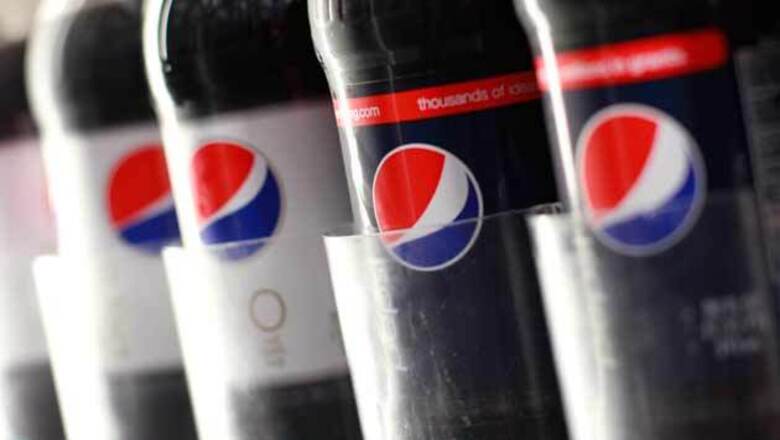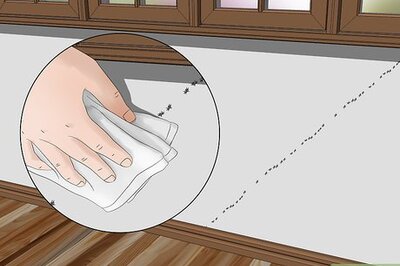
views
CHENNAI: Guess where every plastic bottle that you toss on a Chennai-bound train ends up? China! In an effort to ensure the safe disposal of plastic waste, piling up in the pit lanes of coach maintenance yards, the railway has engaged an agency to collect these non - biodegradable material and ship it out of the country to China for recycling. The new initiative that is on a trial run at Coach Maintenance Yards at Basin Bridge and Gopalsamy Nagar for five months began last November. It was initiated after the railway made a frightening discovery — empty bottles were being collected and sold to spurious mineral water manufacturing units for reuse and the worst part was that this was allegedly being done by a section of railway contractors. “It’s like killing three birds with one stone,” railway sources told City Express, “First, it augments for clearing the plastic waste reaching pit lanes. This also cuts back on the waste dumped in the adjacent Buckingham Canal. More importantly, unscrupulous people are denied access to used water bottles in trains, which would otherwise be refilled by fake mineral water manufacturers for resale in the market,” the source added.The garbage from coaches is cleared as soon as the trains reach the yard, by employees of the agency contracted for this recycling. These workers segregate plastic materials from the waste, sending it for crushing in companies situated near Chennai. Thereafter, the plastic scrap is exported to China for recycling.According to railway sources, the model for clearing plastic waste was implemented, despite few other agencies offered to pay `50 for every kilogram of plastic waste collected from the trains. “However, it was not considered since we suspected that those agencies would in turn sell the segregated used plastic bottles to the spurious mineral water manufacturing units,” the sources stressed.In the present system, the agency is not paying the railways for the plastic waste collected from the trains. But, the agency compensates by clearing the garbage inside trains by employing its work force.On an average, 10,000 water bottles weighing 300 kilograms, are collected from trains arriving in Chennai. Of the overall garbage, plastic waste constitutes about 60-70 per cent, which is largely the non–biodegradable water and soft drink bottles used by commuters.Interestingly, in trying this system, the railways has taken a cue from its subsidiary — the Indian Railways Catering and Tourism Corporation (IRCTC), which is pursuing the same model for recycling damaged bottles in China, segregated from its Rail Neer Plant at Palur village near Chengalpattu in the neighbouring Kanchipuram district.



















Comments
0 comment